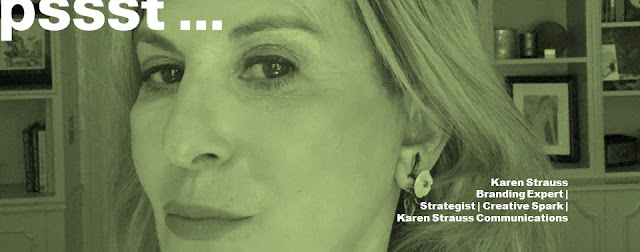Climate Change, AI, Migration: Never-Ending Stories?

A few of years ago, cultural scholar Dr. Nathalie Weidenfeld made some bold claims in an article titled Storytelling without an end in the Süddeutsche Zeitung: Weidenfeld argues that TV and streaming series are contributing to the infantilization of society. Her premise? The incessant craving for never-ending stories from so-called “series junkies” mirrors the behavior of children pleading for bedtime stories. We all want that cozy, comforting storytelling experience to go on forever. When a story finally reaches its conclusion, we’re forced to bid farewell to beloved characters and step out of their fantastical world—only to face the dull grind of reality, with its mundane tasks and real-world problems.
Is there some truth to this? Perhaps.
For ever and ever and ever
Her second claim is just as provocative: According to Weidenfeld, major human issues like climate change, digitalization, or migration have been reduced to perpetual series themes. The key players—politicians, tech giants, and NGOs—deliberately adopt the aesthetics and dramaturgy of serialized storytelling. Issues are teased with dramatic cliffhangers, only to be perpetually postponed, their resolutions deferred in favor of ongoing narrative.At first – for me - this seemed far-fetched. But then, I found myself flipping through old school assignments from high school days and I changed my mind.
You might be wondering why, at over 50 years old, I still have those assignments from my school days nearly 40 years ago—or how I know exactly where to find them in my labyrinth of shelves and folders. (Yes, I was a nerd in school, and tidying up remains a passion.)
So, there I was, revisiting assignments from the early 80s, and to my mix of delight and horror, I found exam questions like these:
- “Take a walk around your hometown and identify environmental damage. Discuss how these issues might be addressed.” (Grade 9, homework, March 7, 1983)
- “The exhibition Grün kaputt (Green broken) revisits the theme of environmental destruction from a fresh perspective. Analyze and critique its approach.” (Grade 10, October 24, 1983)
- “Photographer Ansel Adams once said, ‘Untouched nature is a mystery, an incomprehensible experience. The right to this experience is a fundamental right.’ Discuss the causes of environmental degradation and argue for the need to preserve nature.” (Grade 11, November 5, 1984)
- “In light of environmental concerns, public transportation is often proposed as an alternative to private cars. Compare the pros and cons of individual versus public transport.” (Grade 11, May 20, 1985)
“The rise of xenophobia in Germany: Analyze its forms and propose measures to counter it.”
Or:
- “Many people spend a significant portion of their leisure time reading or watching TV. Which activity is more beneficial? Compare the arguments and draw from personal experience.”
Viewed through the lens of storytelling, this comparison to serialized narratives holds some merit.
The Yearning for Closure
For over 40,000 years, humans have told stories. Most follow Aristotle’s arc of beginning, middle, and end. While serialized formats have surged in popularity with the likes of Netflix, they’re hardly new. Serialized novels have existed since the 19th century, and even One Thousand and One Nights could be seen as a precursor. Moreover, series often do conclude their narrative arcs. Even The Simpsons, the longest-running series, ends each episode with a resolution. Someday, even the entire show will end (likely when it’s no longer profitable).We crave endings—satisfying resolutions, the closure of loose ends, a sense of catharsis. This should apply to humanity’s grand challenges too. These narratives may resurface with each generation, but each era strives for its own resolutions.
If we frame the efforts of climate activists in the five-act structure of Gustav Freytag, we’ve likely passed Act 3—the climax—and are now in Act 4, the downward slope. Let’s hope Act 5 brings us a happy ending.




